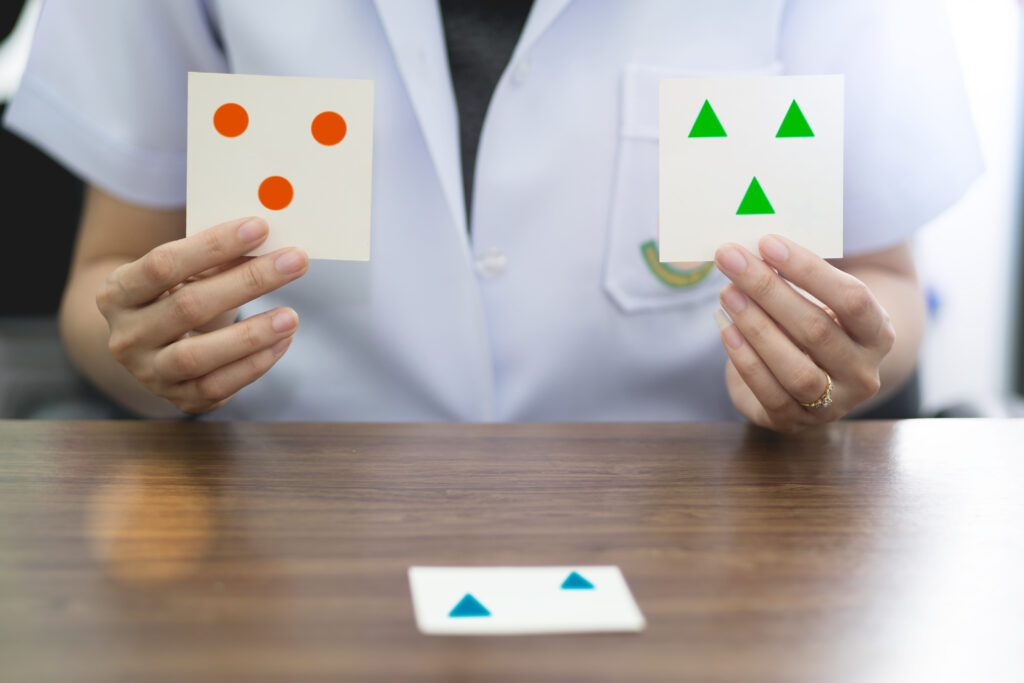The Gentle Garden: Designing Therapeutic Green Spaces for Dementia
Creating a garden that is both beautiful and therapeutic can be a powerful tool for individuals living with dementia. These green spaces offer a sense of calm, stimulate memories, and provide a natural environment that encourages physical activity and mental well-being. Here’s how you can design a gentle garden tailored to the needs of those with dementia.
### Understanding the Benefits
Gardens have long been recognized for their therapeutic benefits, particularly for people with dementia. Being in nature can improve mood, reduce stress, and enhance overall well-being. The connection with nature becomes even more important in the later stages of dementia, as it helps maintain a sense of calm and tranquility.
### Designing the Space
When designing a garden for someone with dementia, it’s essential to focus on simplicity and ease of navigation. Here are some key considerations:
– **Contrast Over Color**: Instead of using bright colors, focus on tonal contrast. This means choosing plants with different shades to create visual interest. You can test this by taking a photo of your garden in black and white to see what stands out.
– **Intuitive Paths**: Create paths that are easy to follow without requiring decision-making. Slightly sunken paths with gentle slopes can guide individuals through the garden without causing confusion.
– **Personal Touches**: Incorporate elements that evoke memories and familiarity. For example, if someone grew up near a woodland, include plants with similar scents and textures.
### Making It Accessible
Accessibility is crucial for ensuring everyone can enjoy the garden. Here are some tips:
– **Raised Beds**: These are ideal for wheelchair users and allow everyone to interact with plants more easily.
– **Safe Surfaces**: Use bound gravel paths to prevent trips and provide a natural look.
– **Lighting**: Proper lighting can extend outdoor time and create a welcoming atmosphere in the evenings.
### Engaging Activities
Gardening activities can be tailored to meet the needs of seniors with dementia. Here are some ideas:
– **Sensory Experiences**: Include plants with different textures and fragrances to stimulate the senses.
– **Simple Tasks**: Engage in activities like watering, pruning, or deadheading flowers. These tasks can provide a sense of accomplishment and are easy to manage.
– **Familiar Plants**: Grow plants that were significant in the person’s past to spark memories and conversations.
By creating a gentle garden with these principles in mind, you can provide a therapeutic and enjoyable space for individuals with dementia to connect with nature and enhance their quality of life.



